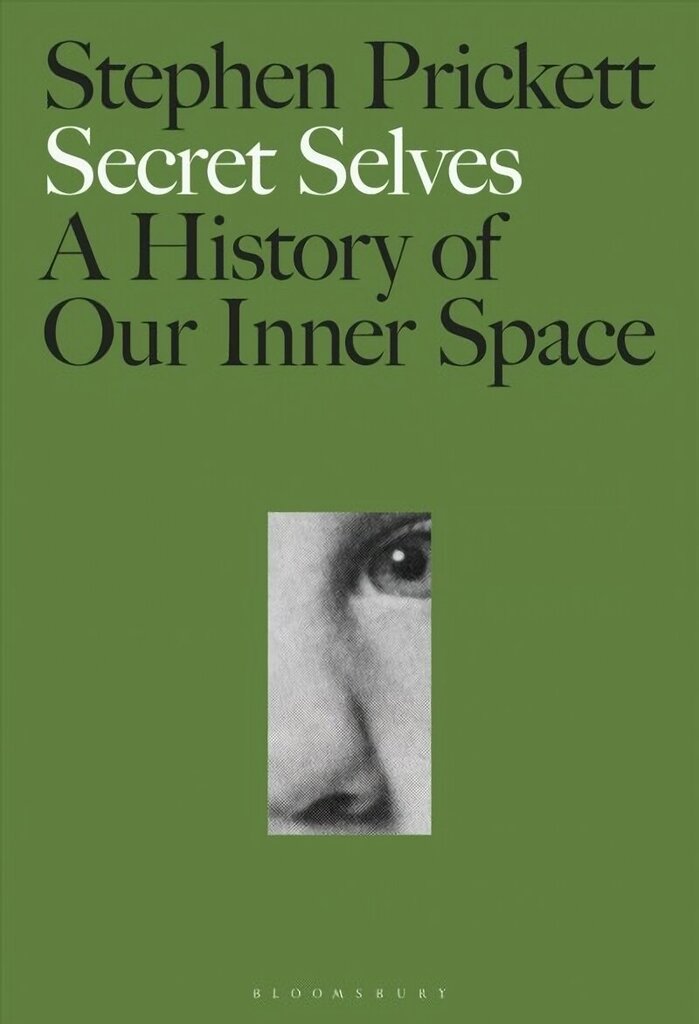"Our secret, inner, sense of self - what we feel makes us distinctively 'us' - seems a natural and permanent part of being human, yet in fact it is surprisingly new. Over the last 2,000 years we have increasingly felt old sources of identity, such as family, tribe, or social status, as intensely personal, even unique to us. Confessional religious writings and novels, from Augustine to Jane Austen, or diaries even of 20th-century holocaust victims, took the same path to self-discovery and exploration inwards - as did the cinema. Artistic realism began with internalization. In the last few centuries our inner space has expanded far beyond any possible personal experience. Our knowledge of history, other cultures, the world, and the cosmos, and has vastly enhanced our capacity not merely to write about what we have never seen, but even to create fantasies and impossible fictions around them. Yet our secret selves can also be a source of terror. Dreamers and visionaries often fear rather than delight in whatthey have uncovered. We all have specific nightmares. Identity theft has a long history - going back at least to 15th century Florence. Mystics and poets, from Dante to Newman or Hopkins, sought God in their secret spaces not least because they feared the 'abyss beneath'. The medieval three-storey universe reappears in modern psychoanalysis. The fringes of our secret selves are often porous, ill-defined, and, if some wilder prophecies of cyborgs or reincarnation have any validity, open to frightening forms of external control"--
Who are we and how do we define our inner selves? In his last work, Professor Stephen Prickett presents a literary and cultural exploration of our inner selves – and how we have created and written about them – from the Old Testament to social media. What he finds is that although our secret, inner, sense of self – what we feel makes us distinctively 'us' – seems a natural and permanent part of being human, it is in fact surprisingly new. Whilst confessional religious writings, from Augustine to Jane Austen, or even diaries of 20th-century Holocaust victims, have explored inwards as part of a path to self-discovery, our inner space has expanded beyond any possible personal experience. This development has enhanced our capacity not merely to write about what we have never seen, but even to create fantasies and impossible fictions around them.Yet our secret selves can also be a source of terror. The fringes of our inner worlds are often porous, ill-defined and susceptible to frightening forms of external control. Mystics and poets, from Dante to John Henry Newman or Gerard Manley Hopkins, sought God in their secret spaces not least because they feared the 'abyss beneath.' From the origin of human consciousness through modern history and into the future, Secret Selves uses literature to consider the profound possibilities and ramifications of our evolving ideas of self.
